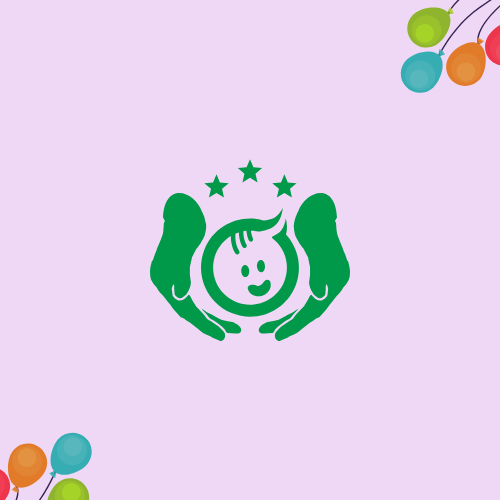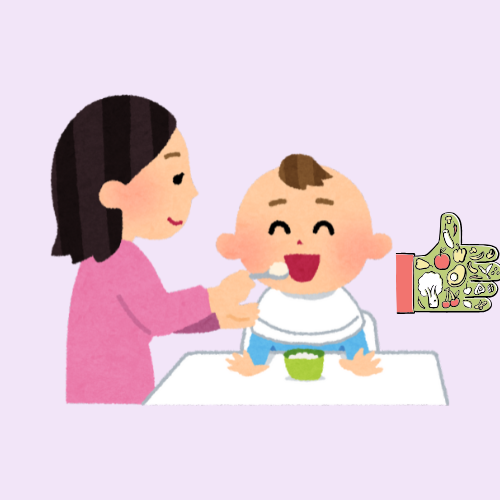Introduction
Diarrhea in toddlers is a common yet concerning issue for new parents. It often comes suddenly, leaving parents anxious and worried. While occasional loose stools are normal, frequent watery bowel movements can lead to dehydration and other complications if not managed properly.
Understanding the causes, knowing when to seek help, and having a few safe home remedies at hand can help parents deal with toddler diarrhea effectively.
- What is Diarrhea in Toddlers?
- Common Causes of Diarrhea in Toddlers
- Symptoms to Watch Out For
- When to See a Doctor
- Home Remedies for Diarrhea in Toddlers
- What to Avoid During Toddler Diarrhea
- Precautions and Tips for New Parents
- Toddler Diarrhea vs. Chronic Diarrhea: What’s the Difference?
- Rebuilding Gut Health After Diarrhea
- Conclusion
What is Diarrhea in Toddlers?
Diarrhea is defined as passing three or more loose or watery stools within 24 hours. In toddlers, it can last from a day to a week, depending on the underlying cause.
There are two main types:
- Acute Diarrhea: Lasts for a few days, usually due to infection or food intolerance.
- Chronic Diarrhea: Lasts for more than two weeks, may be due to underlying health conditions or allergies.
Common Causes of Diarrhea in Toddlers
- Viral Infections: The most common cause. Rotavirus and norovirus are frequent culprits.
- Bacterial Infections: Caused by E. coli, Salmonella, or Shigella through contaminated food or water.
- Food Allergies or Intolerances: Lactose intolerance, gluten sensitivity, or reaction to new foods.
- Teething: Often blamed, though teething might only mildly loosen stools due to drool and hand-to-mouth activity.
- Antibiotics: Some medications disrupt the gut flora, leading to diarrhea.
- Overfeeding or Junk Food: Overconsumption of juices or processed foods can upset a toddler’s digestive system.
- Parasitic Infections: Giardiasis is one such condition spread through infected water.
Symptoms to Watch Out For
While diarrhea itself is a symptom, it can come with other signs:
- Frequent loose or watery stools
- Stomach pain or cramps
- Nausea or vomiting
- Fever (in case of infection)
- Loss of appetite
- Dehydration signs: dry mouth, sunken eyes, no tears when crying, drowsiness, reduced urine output
When to See a Doctor
Parents should consult a pediatrician immediately if:
- Diarrhea lasts more than 48 hours
- There is blood or mucus in the stool
- High fever (above 100.4°F or 38°C)
- Signs of severe dehydration
- Vomiting continues alongside diarrhea
- The child is unusually sleepy or irritable
Home Remedies for Diarrhea in Toddlers
While medical treatment is necessary in severe cases, mild diarrhea can often be managed at home with safe, natural remedies.
1. Hydration is Key
- ORS (Oral Rehydration Solution): WHO-recommended ORS restores fluid and electrolyte balance.
- Coconut Water: Natural electrolyte replenisher. Mild and easily digestible.
- Rice Water: Starchy and soothing, helps bulk up stool.
2. BRAT Diet
The BRAT diet is gentle on the tummy:
- Bananas – rich in potassium
- Rice – binds stool
- Applesauce – pectin helps firm stool
- Toast – easy to digest and calming
3. Mashed Potatoes or Steamed Carrots
These are bland foods that are easily digestible and help in stool formation.
4. Yogurt (Curd)
Probiotics in curd help restore good gut bacteria. Offer plain, unsweetened curd with a pinch of cumin.
5. Ginger Water (For Toddlers Above 2 Years)
Ginger has anti-inflammatory properties. Boil a small piece in water and give 2–3 tsp once cooled.
6. Fenugreek Seeds
Soak a few fenugreek seeds overnight. Crush and mix with curd. Feed a small spoon to your toddler if over 2 years old. Fenugreek helps bulk up stool and improves digestion.
What to Avoid During Toddler Diarrhea
- Fruit Juices & Sugary Drinks: They worsen diarrhea and cause bloating.
- Fried & Oily Foods: Hard to digest.
- Raw Fruits & Vegetables: May irritate the tummy.
- Milk & Dairy Products: May trigger lactose intolerance temporarily.
- Spicy or Processed Foods: Upsets the delicate gut balance.
Precautions and Tips for New Parents
Preventing diarrhea is always better than treating it. Here are some essential precautions:
1. Maintain Hygiene
- Wash hands before meals and after using the toilet.
- Keep nails trimmed and clean.
- Wash fruits and vegetables thoroughly.
2. Safe Food Practices
- Avoid street food and ensure food is well-cooked.
- Store leftovers in the fridge and reheat properly before serving.
- Use clean utensils for feeding.
3. Breastfeeding
Breastfeeding boosts immunity. Even during diarrhea, breastfeeding should be continued unless advised otherwise.
4. Vaccination
Ensure your toddler is vaccinated against rotavirus, a common cause of viral diarrhea.
5. Use Boiled or Filtered Water
Always use safe drinking water. Avoid giving water directly from the tap, especially in areas with poor sanitation.
6. Avoid Overmedication
Don’t self-prescribe antibiotics or anti-diarrheal drugs. These can worsen the situation in toddlers.
Toddler Diarrhea vs. Chronic Diarrhea: What’s the Difference?
Toddler’s Diarrhea is a benign condition in children aged 1–5 years. It’s often due to:
- Excess juice intake
- High-fiber diet
- Immature digestive system
It usually resolves on its own and doesn’t affect growth. However, chronic diarrhea (lasting more than 2 weeks) needs medical attention and evaluation for:
- Celiac disease
- Lactose intolerance
- Inflammatory bowel disease
- Parasites or infections
Rebuilding Gut Health After Diarrhea
Once the diarrhea stops, rebuilding gut strength is important:
- Gradually reintroduce regular diet.
- Continue with probiotics or curd.
- Give light khichdi, soft fruits like banana and apple.
- Add ghee in small amounts to promote healing.
Conclusion
Diarrhea in toddlers is usually not serious if treated early and appropriately. The key lies in staying calm, ensuring proper hydration, and knowing when to seek help. With natural home remedies and a few dietary precautions, most cases resolve quickly.
As a new parent, always trust your instincts—if your child seems unusually unwell or weak, don’t hesitate to consult a pediatrician. With time, experience, and love, handling such situations becomes easier.
FAQs on Toddler Diarrhea
Q1: Can teething cause diarrhea in toddlers?
Mildly loose stools may occur due to excess drooling, but teething is not a direct cause of diarrhea.
Q2: Should I stop feeding solids during diarrhea?
No. Continue feeding soft, easily digestible foods like rice, banana, or khichdi.
Q3: How long does toddler diarrhea last?
Usually 1–3 days. If it persists beyond 48 hours or worsens, see a doctor.
Q4: Is yogurt good during diarrhea?
Yes, plain yogurt helps restore good bacteria in the gut and soothes digestion.
Q5: Can I give antibiotics for diarrhea?
Only if prescribed by a pediatrician. Most diarrhea cases are viral and don’t need antibiotics.


